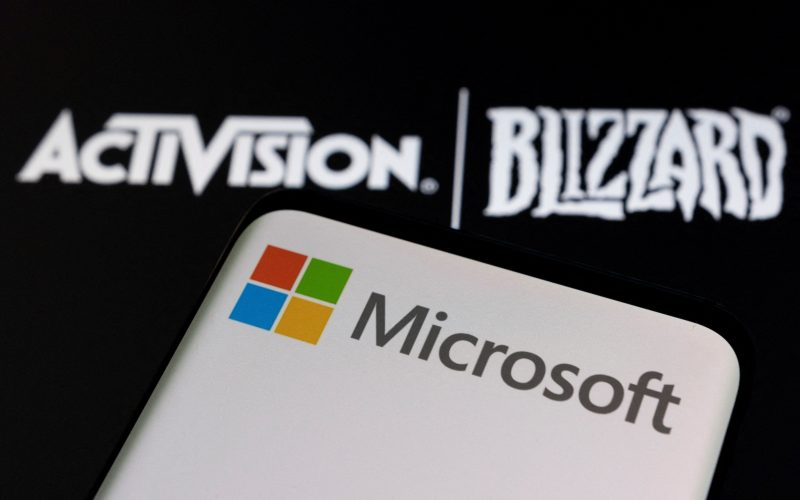UK regulator has rejected Activision-Microsoft acquisition agreement
Oh no! Just over one year since Microsoft first proposed their plan to acquire Activision Blizzard, UK Competition and Markets Authority has confirmed their refusal.
According to Eurogamer, the Competition and Markets Authority has spent months studying Microsoft’s $68.7bn deal in an effort to determine if it would give Microsoft unfair market advantages if the deal went ahead. But even after hearing their verdict from regulator, Microsoft remains firm in their pursuit.
Should the acquisition go through, Microsoft would assume ownership of Call of Duty’s intellectual property (IP), creating serious concern among Sony rivals.
Microsoft President Brad Smith stated, “We remain fully committed to this acquisition and intend to appeal the CMA decision which spurned pragmatic approaches in order to address competition concerns while discouraging innovation and investment within the United Kingdom.”
“Activision Blizzard has already agreed to make its popular games available on over 150 million additional devices and we remain dedicated to reinforcing those agreements through regulatory remedies,” continued his letter, noting his disappointment over what appears to be a poorly informed understanding of both this market and cloud technology.
According to a press release issued by the CMA, its regulators made their decision based on concerns that this deal may alter the future of cloud gaming market, leading to reduced innovation and less choice for UK gamers in future years”. They noted Microsoft already accounts for around 60-70% of cloud gaming services worldwide; evidence suggested exclusive distribution of Activision games through Microsoft would prove economically profitable for them both parties involved.
“This transaction would enhance Microsoft’s competitive position by giving it control of important gaming content such as Call of Duty, Overwatch and World of Warcraft,” according to its press release. Furthermore, according to CMA analysis available evidence indicates Activision would start offering games via cloud platforms within months without this deal taking place.
The CMA noted several shortfalls with Microsoft’s proposal, such as its failure to “sufficiently cover different cloud gaming service business models”, or provide for providers offering versions of games other than Windows-based operating systems. Furthermore, standardising terms and conditions on which games were available versus them being determined by dynamic competition in the market would reduce competition levels for new releases of titles that might come out.
Microsoft remains uncertain as to its appeals will succeed or not.







